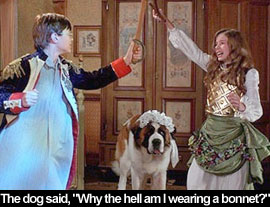Black Sunday (1977) – DVD
***/**** Image A Sound B
starring Robert Shaw, Bruce Dern, Marthe Keller, Fritz Weaver
screenplay by Ernest Lehman, Kenneth Ross and Ivan Moffat
directed by John Frankenheimer
by Walter Chaw Before Thomas Harris created a genius shrink-turned-serial murderer, he wrote the everything-old-is-new-again terrorist saga Black Sunday, managing to incorporate the Super Bowl into its tale of good intelligence saving the day. How novel. What's constant between this and Harris's Hannibal Lecter trilogy is his interest in broken heroes: the inversion of the man of action archetype that germinated in the Fifties Western tradition and flowered in the voodoo ego-nomics of the Reagan-mad Eighties, locating Black Sunday firmly in the deep well of Seventies cinema–filthy with ineffectual champions and astringent endings. But where Harris's novel understood its place in the bittersweet, paranoid zeitgeist, Black Sunday, with its all-star cast (Robert Shaw two years after Jaws, Bruce Dern at his peak, Marthe Keller a year removed from Marathon Man), megalomaniacal producer Robert Evans, and blockbuster aspirations, proves to be another Star Wars-style harbinger of the impending end of what was possibly the most amazing period in film in history.

 by Walter Chaw
by Walter Chaw